During renovation work or in a workshop, an ordinary vacuum cleaner is not enough. For challenging professional tasks you will need the appropriate equipment. Which industrial vacuum cleaner should you choose? Read on and find out about the different types and their features, as well as what to pay attention to when buying an industrial vacuum cleaner.

During renovation work or in a workshop, an ordinary vacuum cleaner is not enough. For challenging professional tasks you will need the appropriate equipment. Which industrial vacuum cleaner should you choose? Read on and find out about the different types and their features, as well as what to pay attention to when buying an industrial vacuum cleaner.
- Features of industrial vacuum cleaners
- Industrial vacuum cleaner classes – which one should you choose?
- A good industrial vacuum cleaner – features
- What should you pay attention to when choosing an industrial vacuum cleaner?
- Industrial vacuum cleaner models
- Which industrial vacuum cleaner should you buy – summary
Features of industrial vacuum cleaners
A good industrial vacuum cleaner absorbs dirt just like any other vacuum cleaner. The differences are a more robust design for industrial use and special filtration technology (e.g. for very fine dust). They are divided into three classes according to the degree of filtration.
Industrial vacuum cleaner classes – which one should you choose?
The industrial vacuum cleaner classes are as follows:
- L (Low) – this includes more delicate equipment with a low level of filtration (1% permeability), suitable for cleaning dust particles, wood, plastic, polystyrene waste, etc.
- M (Medium) – with an average level of permeability of 0.1%, this class of vacuum cleaner is used to remove dust from sanding plasterboard, paint residue and other chemical waste after renovation works.
- H (High) – with the highest level of permeability (0.005%), this class of vacuum cleaners are designed for the toughest jobs. They let you safely remove mineral wool residues, asbestos and mould.
A good industrial vacuum cleaner – features
Industrial vacuum cleaners are intended for commercial or industrial use. They are good for cleaning during renovations (for example selected models can be connected to grinders), and also allow you to more efficiently clean large areas, e.g. offices, warehouses, production halls, garages, etc.
If you are wondering if you need an industrial vacuum cleaner, and if so which one to buy, consider the versatility of each model. A good industrial vacuum cleaner should remove not only dust and other solids, but also wet stains and even have a washing function. A special protection system should protect the engine against water.
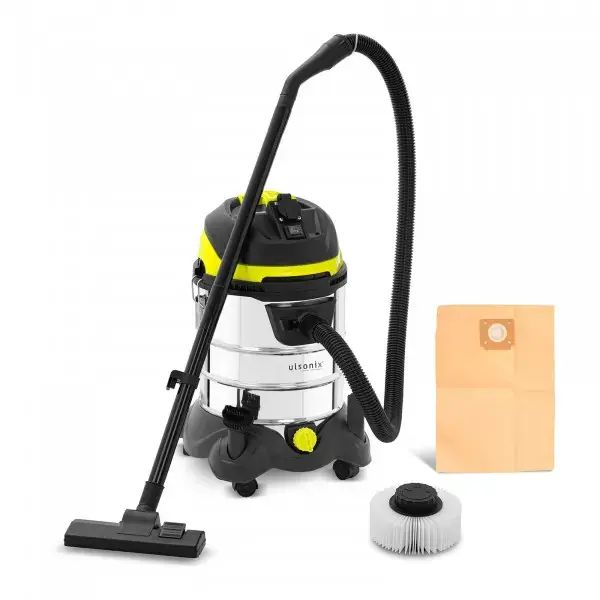 Wet/Dry Vacuum Cleaner – 1,400 W – 25 L – socket | 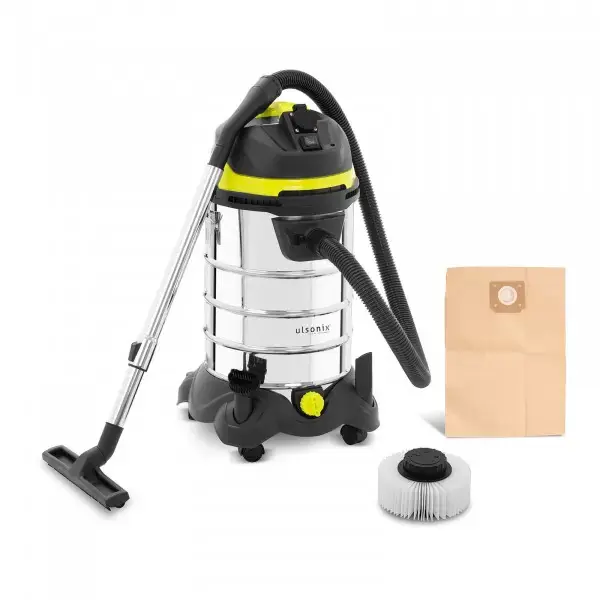 Wet/Dry Vacuum Cleaner – 1,400 W – 30 L – socket | 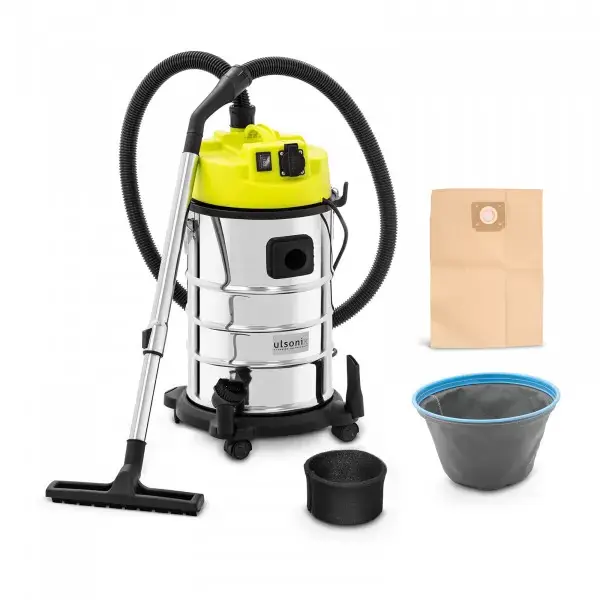 Wet/Dry Vacuum Cleaner – 1,400 W – 30 L – socket | |
| Voltage | 230 V | 230 V | 230 V |
| Power | 1400 W | 1400 W | 1400 W |
| Maximum power output | 2000 W | 2000 W | 2000 W |
| Capacity | 25 l | 30 l | 30 l |
| Vacuum level | 21 kPa | 21 kPa | 21 kPa |
| Filter type | HEPA filter | HEPA | Fleece filter |
| Filter included | Yes | Yes | Yes |
| Power cable | 7 m | 4,5 m | 4,5 m |
| Dimensions | 73,00 x 60,00 x 106,00 cm | 44,00 x 35,00 x 70,00 cm | 42,00 x 35,00 x 64,50 cm |
| Additional accessories | – Plastic hose 2 m – 2 plastic pipes – HEPA filter – Floor brush – Round brush – Crevice nozzle – 4 wheels | – Plastic hose 2 m – Telescopic metal suction pipe – HEPA filter – Floor brush – Round brush – Crevice nozzle – 4 wheels | – Plastic hose 2 m – Telescopic metal suction pipe – Fleece filter – Sponge filter – Floor brush – Round brush – Crevice nozzle – 4 wheels |
Which industrial vacuum cleaner will be good for home use?
If you often carry out general cleaning at home, e.g. including disinfecting, you could consider buying an industrial vacuum cleaner for home use. So which industrial vacuum cleaner is best for home use?
Not only people looking for very efficient equipment will appreciate such industrial vacuums, but also home owners with more demanding needs, such as cleaning in gardens, garages or patios. Outdoor dirt, such as earth, leaves, stones or sand can be easily cleaned with industrial vacuum cleaners. If you like to do odd jobs around the home or at the office, read on a find out how to disinfect rooms.
Recommended product
Steam Cleaner – 1800 W – 1.2 L – 5 bar
- Easy to use – ideal for floors and even clothes; you can straighten them while they hang on the hanger
- Powerful – with 1800 W and 86 g/min steam output at 5 bar maximum pressure
- Long-lasting – thanks to the 1.2 litre water tank
- Hygienic – reliably removes odours, dust mites, bacteria and mould
- Versatile – cleans floor coverings, tiles, laminate, carpet and parquet, also furniture, upholstery, fittings and other smooth surfaces
Which construction vacuum cleaner is best?
When choosing a construction vacuum cleaner look for a filtration system that will absorb dust particles. M class vacuums are usually recommended for this purpose. Their effective filtration systems not only remove the finest dust particles, but also protect the machine’s motor and prevent a reduction in suction power. They will not end up inside the suction turbine, ensuring trouble-free use. Find out more about the necessary equipment for a construction company in our article about how to set up a construction company.
Which industrial vacuum cleaner is best for use with a grinder and a drill? Using these power tools requires a more powerful vacuum cleaner – equipped with a filter cleaning system, i.e. a filter shaker. There are two types available:
- Semi-automatic – these are good for short and occasional use. The process in this case consists of temporarily blocking the suction tip and pressing the cleaning button. This results in dust being blown out as the air passes through the filter in the opposite direction.
- Automatic – these are intended for heavy use, e.g. on a construction site. The process is fully automatic. It cleans the filter every several or several dozen seconds, regardless of the way the vacuum cleaner is used.
Vacuums with a filter shaker are more expensive than models without one (the most expensive ones are equipped with an automatic filter shaker), but will also last longer. Bear in mind that vacuum cleaners used on construction sites need to work in much more demanding conditions than, for example, in a warehouse.
Which vacuum cleaner is best for a workshop?
Workshop vacuum cleaners, just like construction vacuum cleaners, are intended for commercial use. They are used for cleaning both solid and liquid dirt. They can be used to remove wood shavings in a carpentry workshop, grease or varnish stains in a car workshop, residues from plasterboard during renovations, etc. They are also good for cleaning car upholstery and carpets.
Their use is not limited to production and service facilities. They are good for regularly cleaning all types of large spaces, e.g. offices, schools, warehouses, shops, etc. Workshop vacuum cleaners are pretty universal, so it is always worth checking if they have a set of nozzles included. They are usually cheaper than heavy-duty construction vacuum cleaners.
What should you pay attention to when choosing an industrial vacuum cleaner?
The two most important parameters to pay attention to when choosing an industrial vacuum cleaner are the wattage and suction power (air flow shown in cubic metres or litres). The first parameter shows the type of dirt the vacuum can handle – the higher the power, the better it will handle dirt such as debris. The second one is related to the efficiency of the vacuum. More powerful models usually also have a larger capacity. Vacuum cleaner that will quickly become full have a higher capacity so that you will not need to empty them so often. They also have a feature alerting you when you need to empty your vacuum cleaner.
You should also pay attention to:
- The material of the dust container – usually plastic or aluminium.
- Filter type – usually HEPA.
- Accessories – nozzles of various shapes.
- Long and retractable power cords – no need for an extension cord.
- Noise level – shown in dB, the lower the noise, the more pleasant it is to use.
- Mobility – wheels (preferably non-slip) guarantee more convenient use.
Industrial vacuum cleaner models
When choosing a specific model, pay attention to the features and parameters we have just discussed. If your budget is the key decisive factor, this will narrow down the number of options. Start off by asking yourself which industrial vacuum cleaner you can afford? There are so many models on the market that setting a specific price range will make the choice easier.
You could also compare customer reviews of different models. Such information can be helpful, but you should always consider your own requirements above all.
Which industrial vacuum cleaner should you buy – summary
If you are looking for an industrial vacuum cleaner, it means that you need reliable equipment that can handle all kinds of challenging jobs both at home and in your company. Or perhaps you are wondering how to set up a cleaning company? You will find vacuum cleaners intended for removing debris and dust, ideal for construction sites, as well as workshop vacuum cleaners, which are used for cleaning large areas indoors or outdoors.
Regardless of which industrial vacuum cleaner you need, pay attention to the wattage and suction power. They are key when it comes to convenient use later on. When investing in commercial equipment, make sure you choose something durable that you will be able to rely on in the long run.

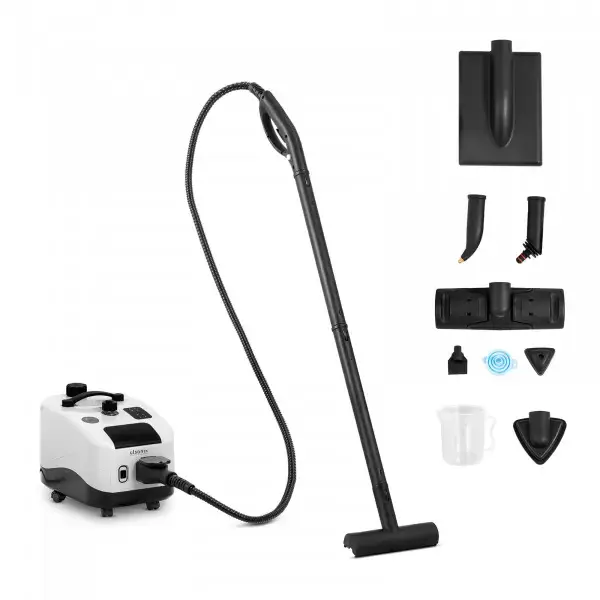
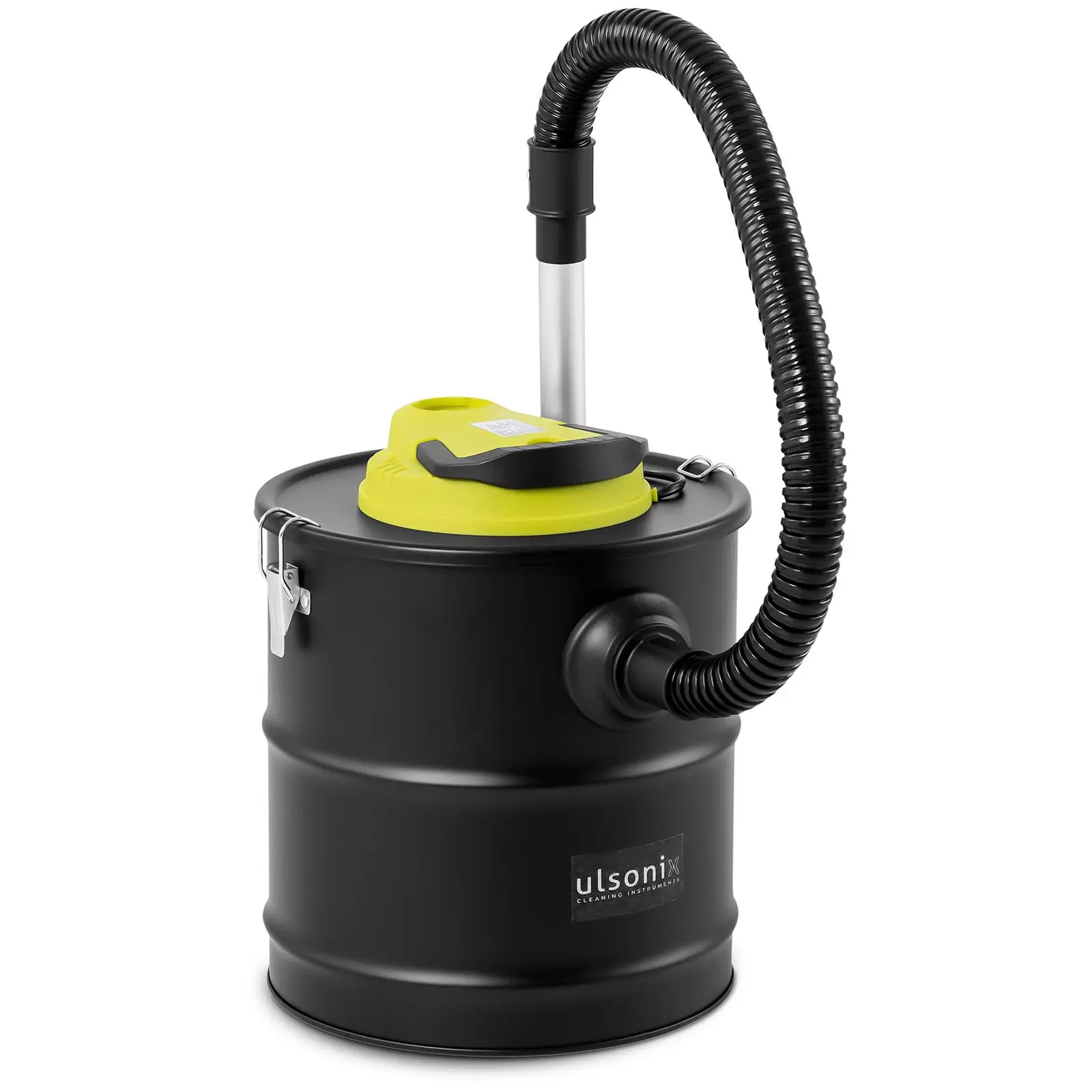
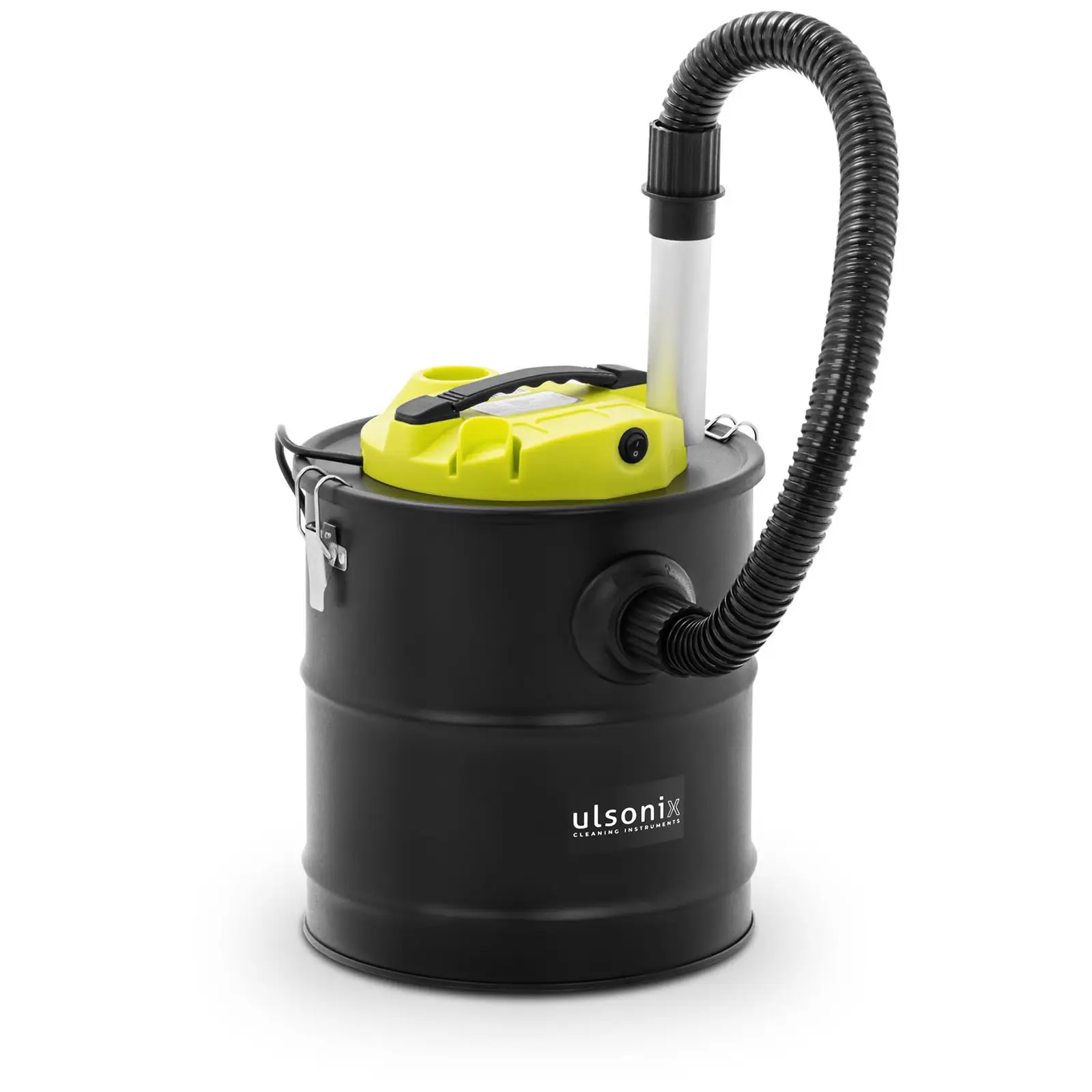
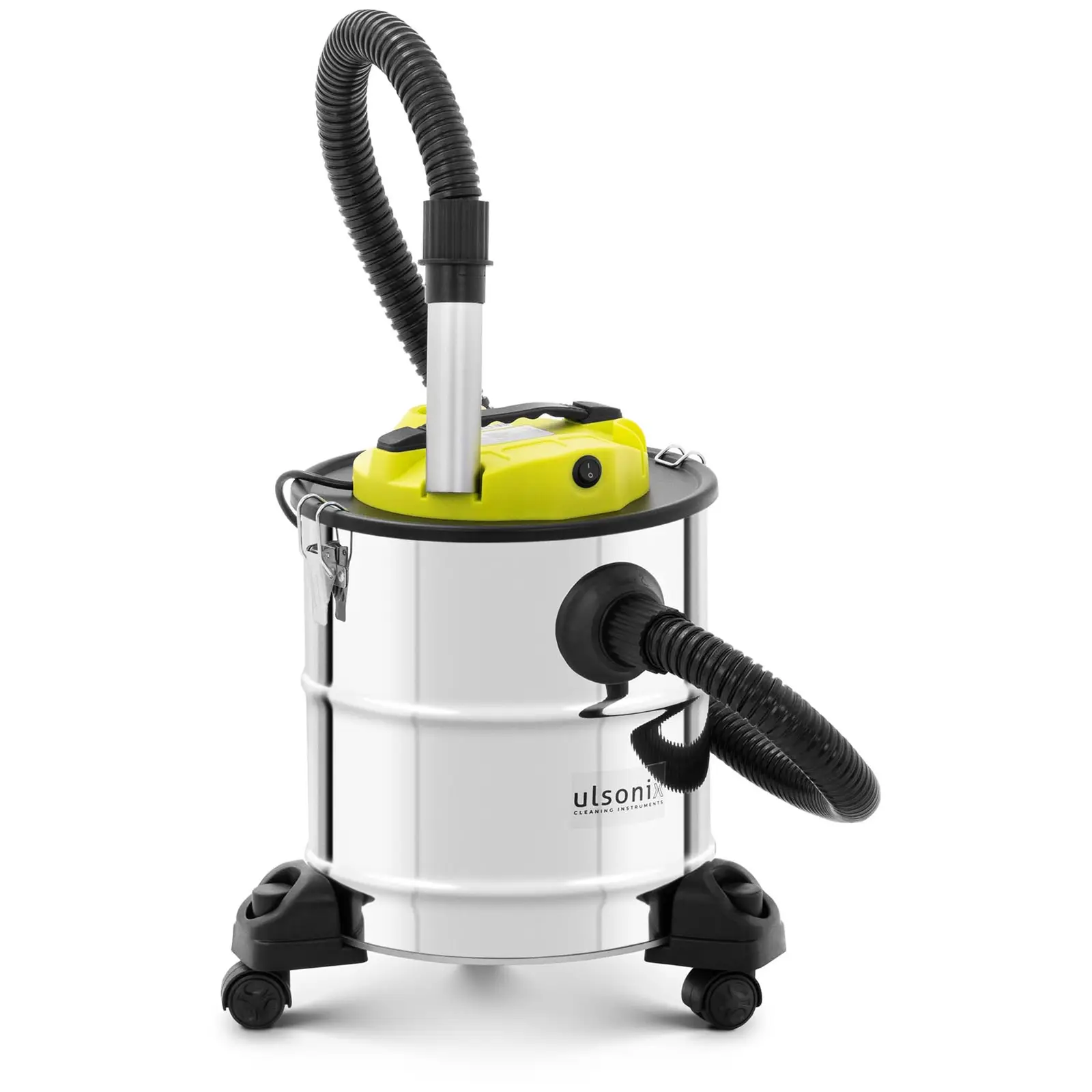
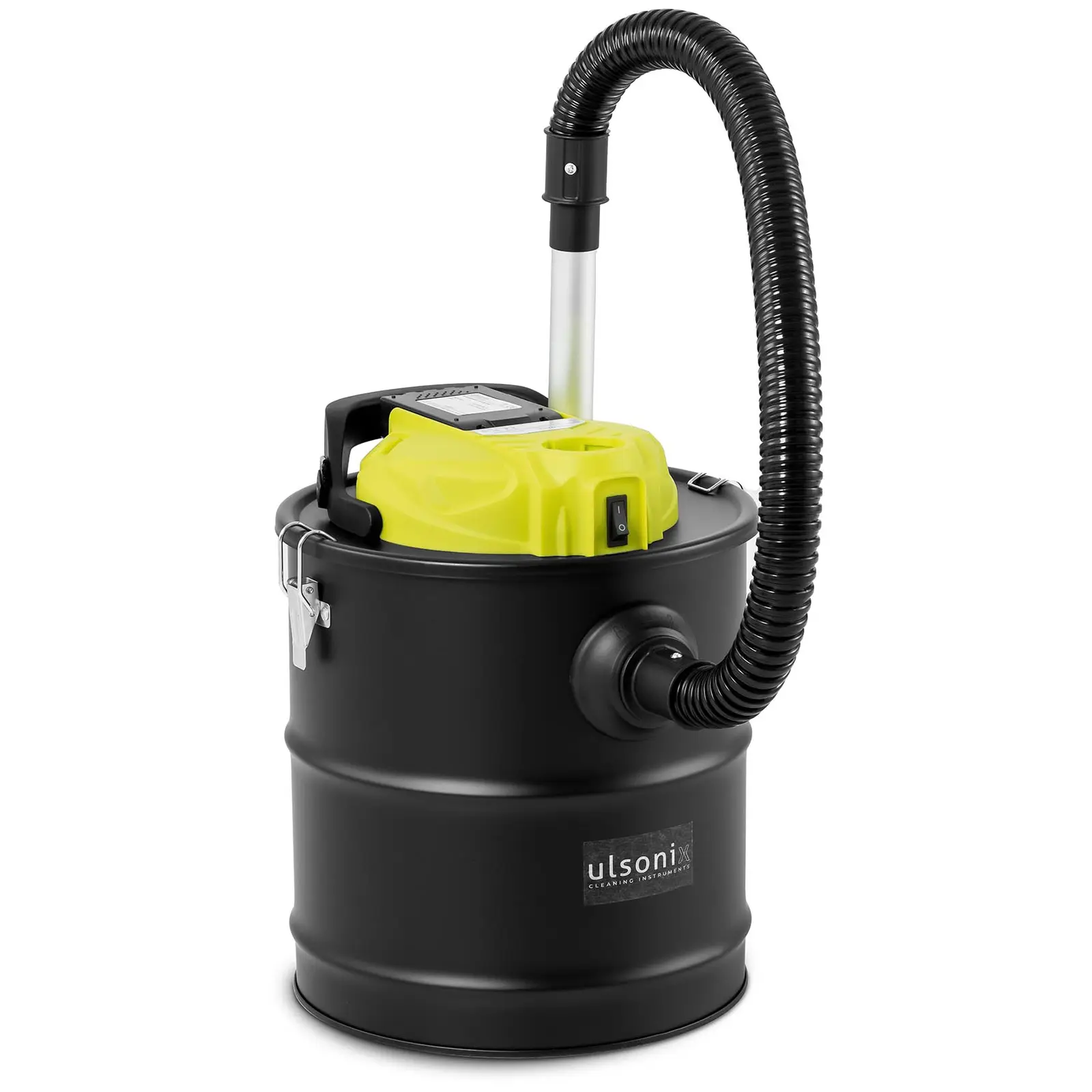
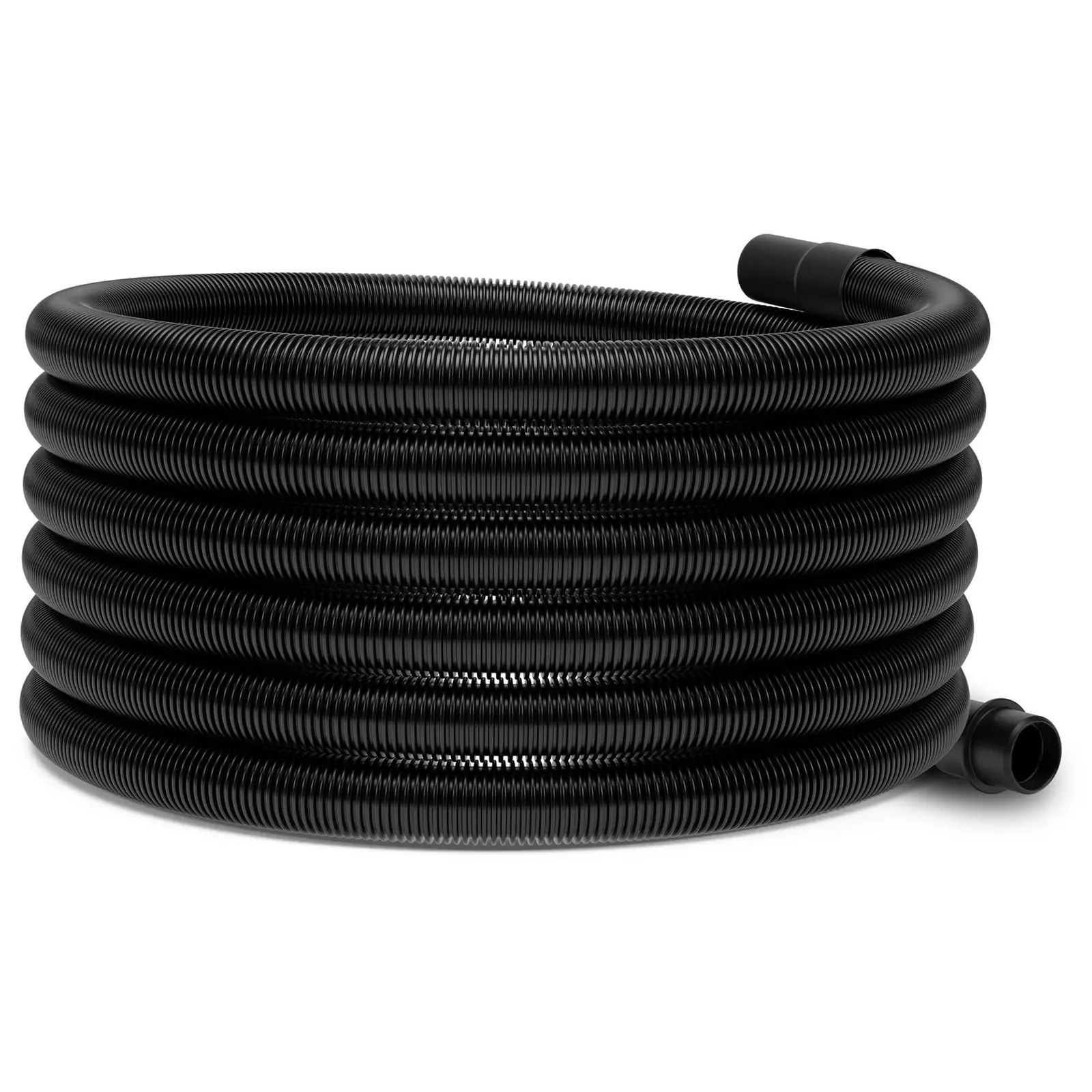
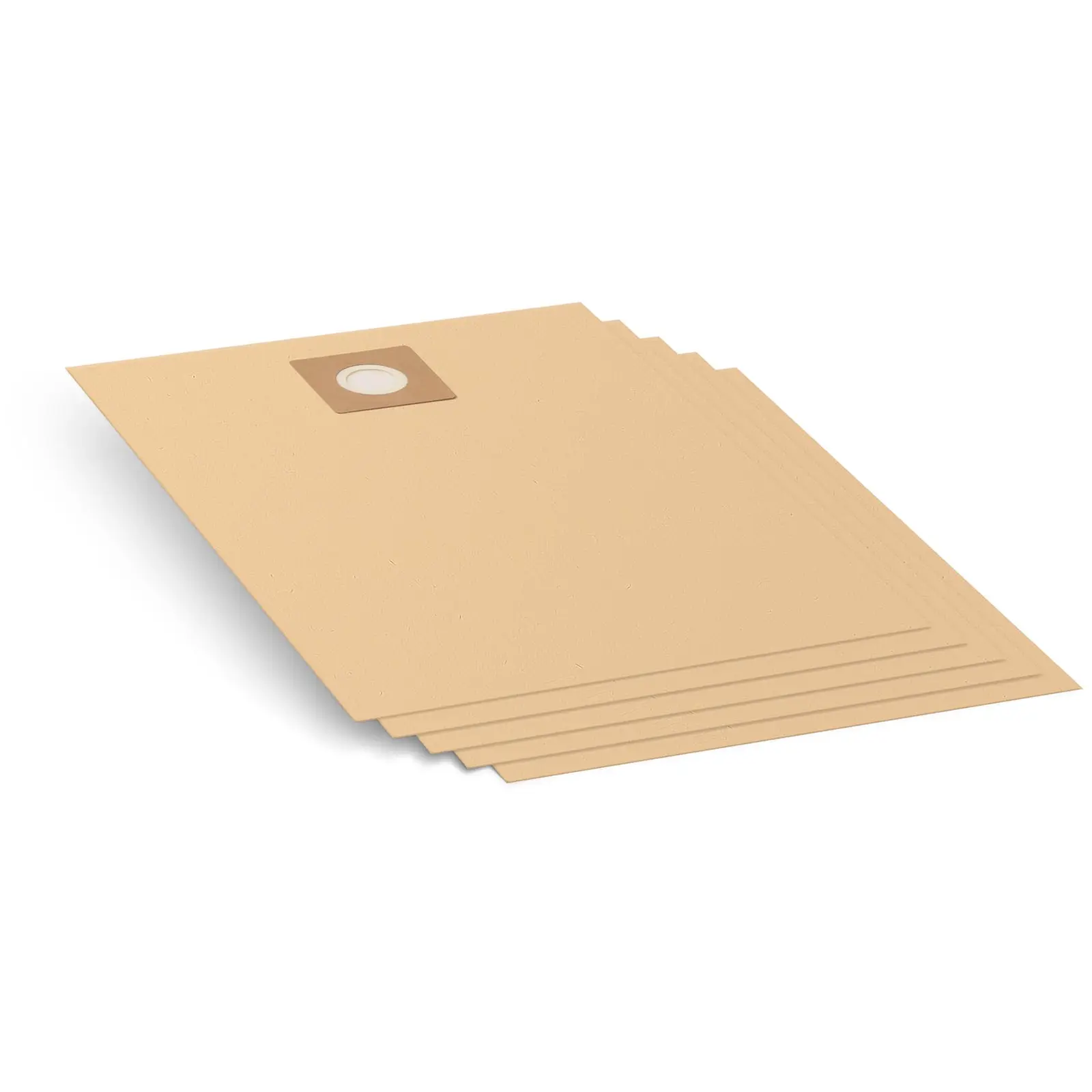
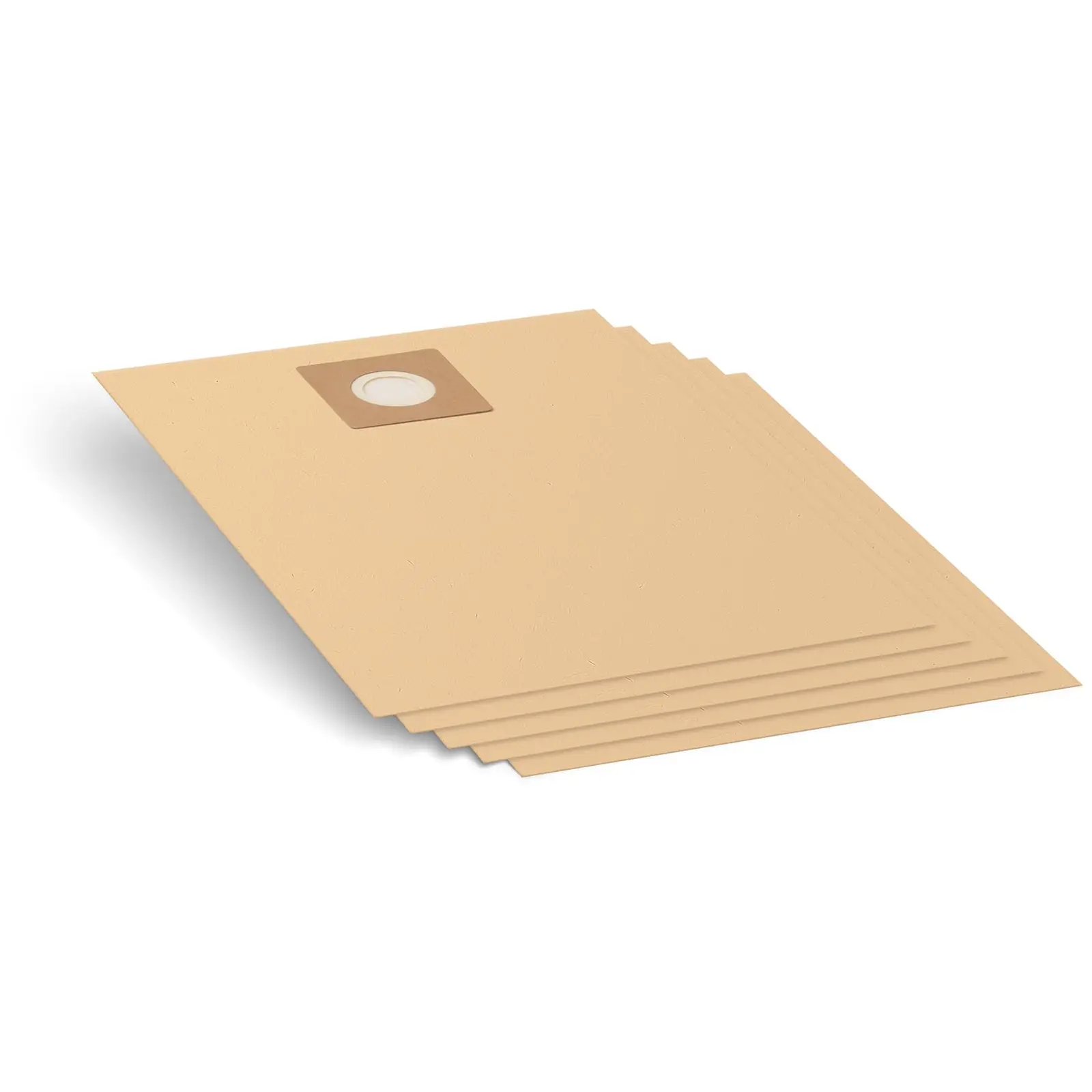
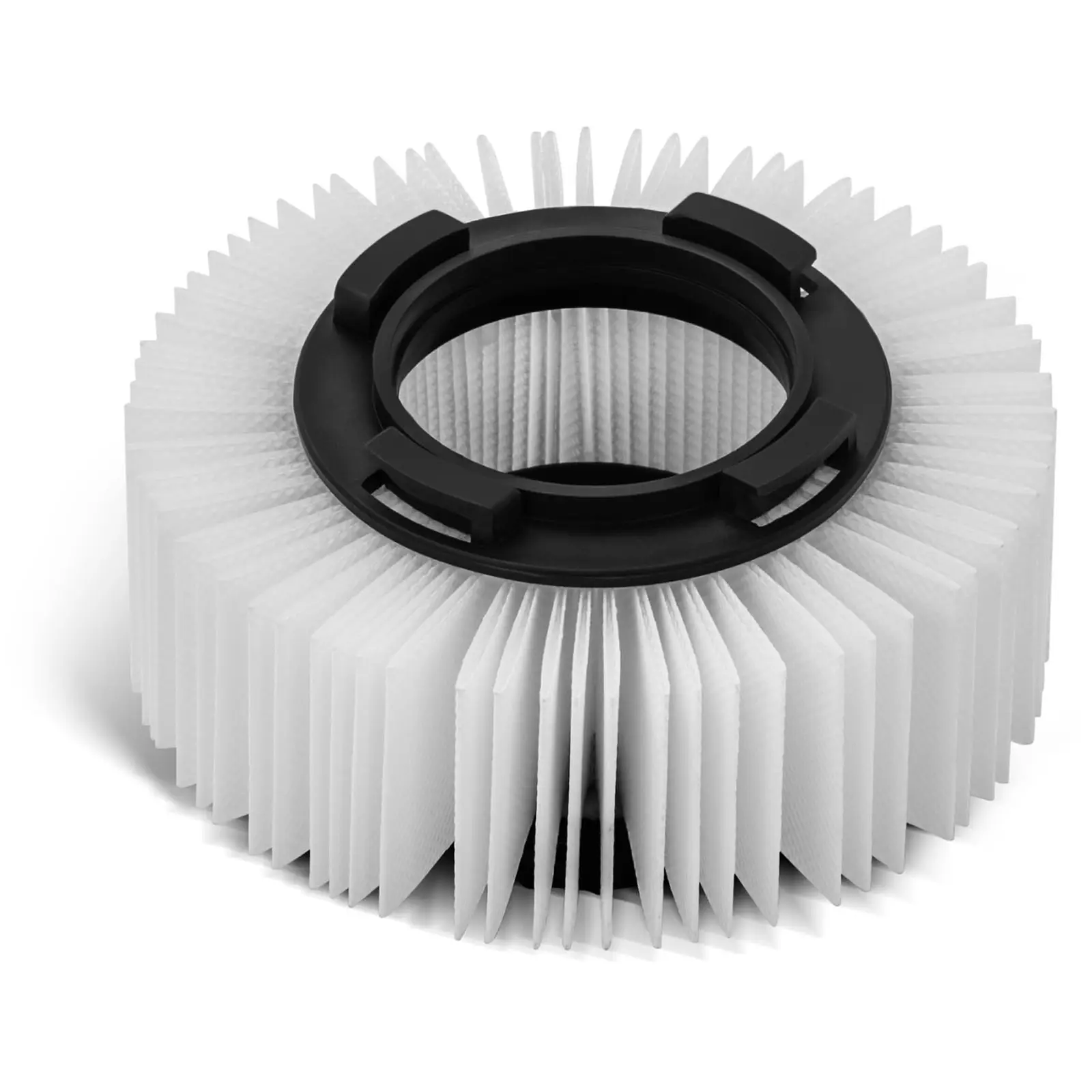
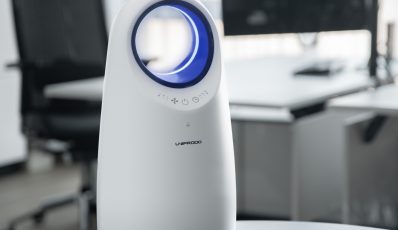


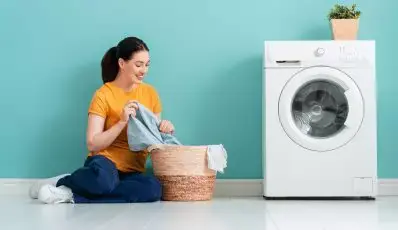

Share